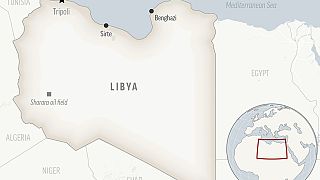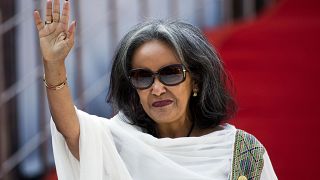Ethiopia
Ethiopia's national currency dropped 30 per cent against the dollar after its central Bank floated its birr currency on Monday.
This move is aimed at securing International Monetary Fund (IMF) support and advanced debt restructuring support.
Ethiopia has been grappling with high inflation and foreign currency shortages, and it defaulted on its government debt last year.
Negotiations with the IMF resumed after a peace deal in Tigray in 2022. The central bank will now allow banks to trade foreign currencies freely with limited interventions.
Prime Minister Abiy Ahmed announced the reforms, and the country expects $10.7 billion in external financing from the IMF, World Bank, and other creditors.
Importers welcomed the move, which eliminates reliance on the black market for dollars.
The U.S. supported the shift to a market-determined exchange rate, calling it necessary for addressing economic issues.
Ethiopia requested debt restructuring in 2021, but progress was delayed by the Tigray conflict.











01:10
Spain’s left-wing government stands out on migration policy in the EU
01:11
Climate crisis takes centre stage at G20 summit in Brazil
01:09
Nigeria's inflation rate surges as food prices escalate
01:26
Zimbabwe’s Climate-Smart Agriculture: Empowering Farmers through Resilience and Innovation
08:00
Exploring Algeria's maritime potential: How key ports like Annaba and Djen Djen drive growth
01:29
Political analyst says Donald Trump's win moves US to the right